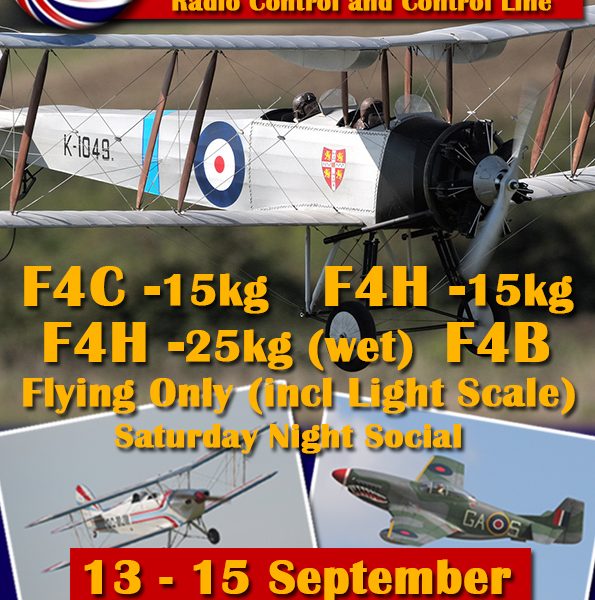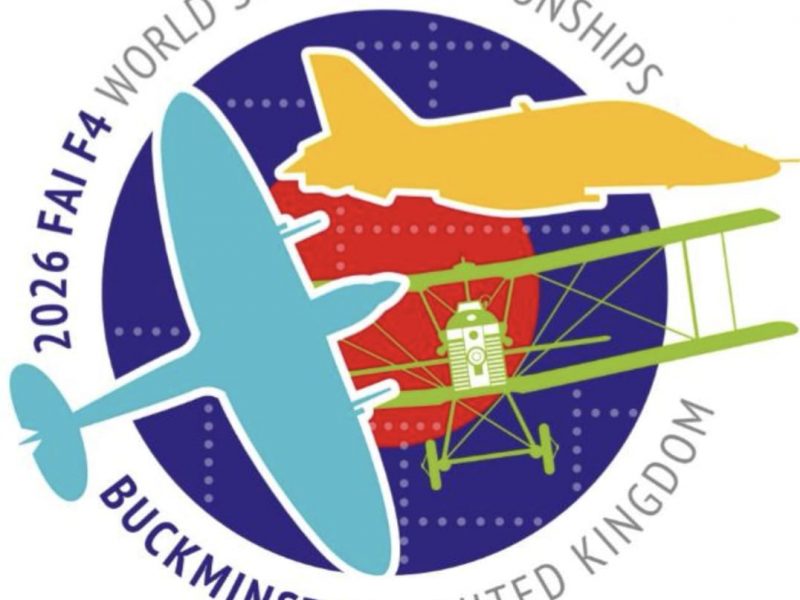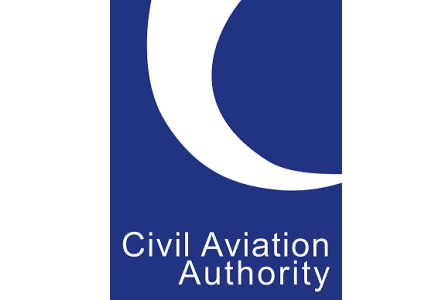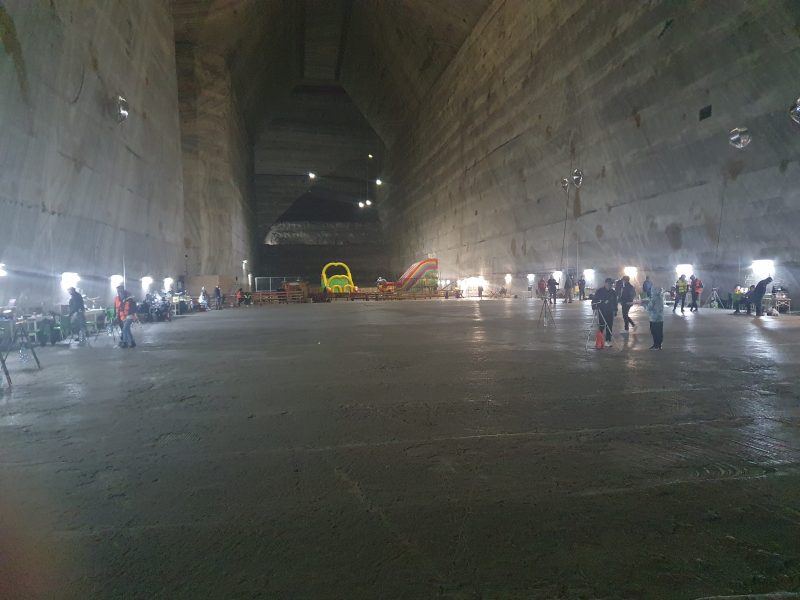Since the CAA finally announced details of its Drone Registration and Education Scheme (DRES) last week we have published several explanatory notes both on the BMFA website and directly to members by email. However, the flurry of correspondence and comments on various forums and groups suggests that there is still considerable misunderstanding of the scheme and ill-feeling in some quarters about what the BMFA has been doing to support its members.
From the outset, the UK model flying Associations (of which the BMFA is by far the largest) have been, and remain, strongly opposed to the imposition of the DRES scheme on model flyers. Dave Phipps and delegates from the LMA, SAA and FPVUK, along with our two volunteer advisers Roger Hopkinson MBE and Cliff Whittaker who both have invaluable professional knowledge, have been working tirelessly on this for many months. Dave Phipps’ passionate submission to the All Party Parliamentary Group that some will have seen on TV was just the tip of the iceberg of a vast amount of reading and responding to draft regulations, mountains of emails at all hours, parliamentary lobbying and high-level meetings, most of it unseen by the membership.
We accept that appropriate education, and knowledge of the laws that affect model flying, is a good thing for all model flyers whatever their interests. That is the very reason that appropriate extracts are included in the Members’ Handbook and mandatory questions on the Air Navigation Order are part of our Achievement Scheme tests. However, we maintain that the DRES (and particularly its cost) is disproportionate to our activity and inconsistent with the Secretary of State for Transport’s stated objective of ‘making the UK the best country in the world for aviation’.
However, members should be aware that:
- There was nothing we could do to overcome the fact that registration and competency become legal requirements from the 30th November 2019. This policy was announced a full 2 years ago (more than 12 months before the Gatwick fiasco) resulting in changes to the law in May 2018. It could not be stopped. What we and the other Associations have fought hard for (thus far with limited success) is appropriate recognition of our existing membership registration and achievement schemes.
- The law applies to ‘Small Unmanned Aircraft’ so, although the scheme refers to Drones, it encompasses all types of unmanned aircraft, including model aircraft. This was non-negotiable and even the exemption for control line models was hard-won.
- Until two months ago, the Government & CAA were on course to implement the measures exactly as outlined in CAP1775 – registration and testing through the CAA at a cost of £16.50. It is as a direct result of pressure from the UK Associations and their members that the Secretary of State for Transport instructed the CAA to find ways to significantly reduce the fee and find ways to assist the Associations. Our hope was that the Government would then provide a subsidy to the CAA to bring the cost down even further, but sadly this was ultimately not forthcoming.
- There has been speculation amongst some members that the £9 fee could increase significantly in future years if the number of registrations falls well short of Government predictions. There is no indication that this will happen. Indeed, the CAA has already scaled down its expectation of the number of initial registrations. However, the Associations will fight tooth and nail to oppose any increase in fees, which would be unsustainable (and also contrary to the direction of the current Transport Secretary).
- Until a couple of weeks ago, the CAA’s preference was introduction of the measures outlined in CAP1775, except for the reduction in fee and a written commitment to work with the Associations to find a more acceptable resolution when the regulations change again in June 2020. The Associations unanimously rejected this plan.
- What we did manage to agree in short order were measures to make it as easy as possible for our members to remain lawful. The CAA finally agreed that Association Achievements would be accepted as an alternative to the CAA test; the Associations would have the facility to assist consenting members with registration (in our case through the Membership Portal); and Association members would be exempted from the requirement to comply by the 30th November to align registration with our renewal year. However, these are all interim measures implemented as a matter of urgency to address point 1 above.
- There was little else we could do to further improve the situation in terms of the UK law within the remaining time. The UK Associations are now working with the CAA to resolve details and will then concentrate efforts on trying to ensure the best outcome for the community when the regulations change again in June 2020 to align more closely with the rest of Europe (whatever the outcome of BREXIT!).
The UK is not alone in this. Model flyers throughout the world are all currently facing very similar issues with registration and training. In France, both are already a legal requirement but currently free (thanks to Government subsidy). In Germany, the registration issue is not yet resolved but flyers are required to pay 25 Euros every three years for a competency test.
To those contemplating giving up your lifelong passion I would urge you not to be too hasty. Like it or not, the march of technology is unstoppable and our aim is to ensure that model flying can continue as freely as possible as the lower airspace becomes ever more crowded and regulated. As a community working together the model flying Associations have a strong voice and a seat at the negotiating table.
The battle is far from over!
Ian Pallister FSMAE
BMFA Chairman




